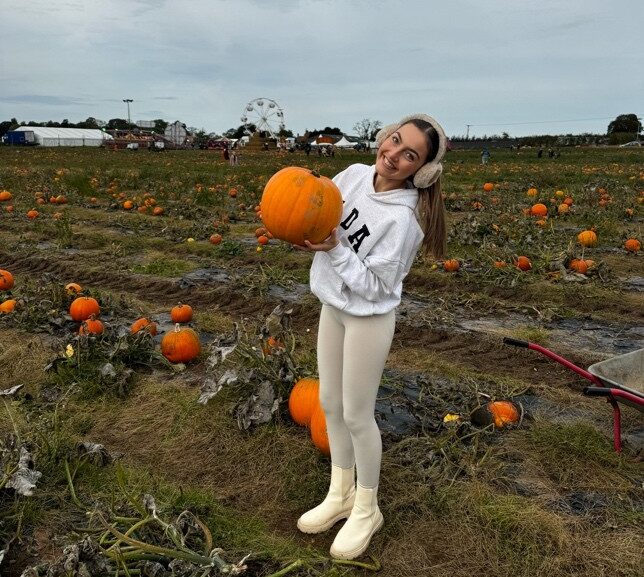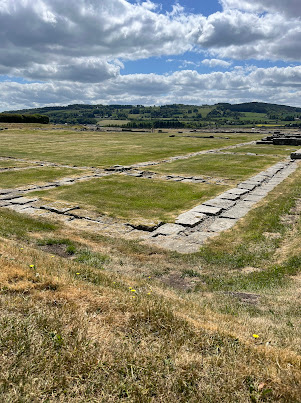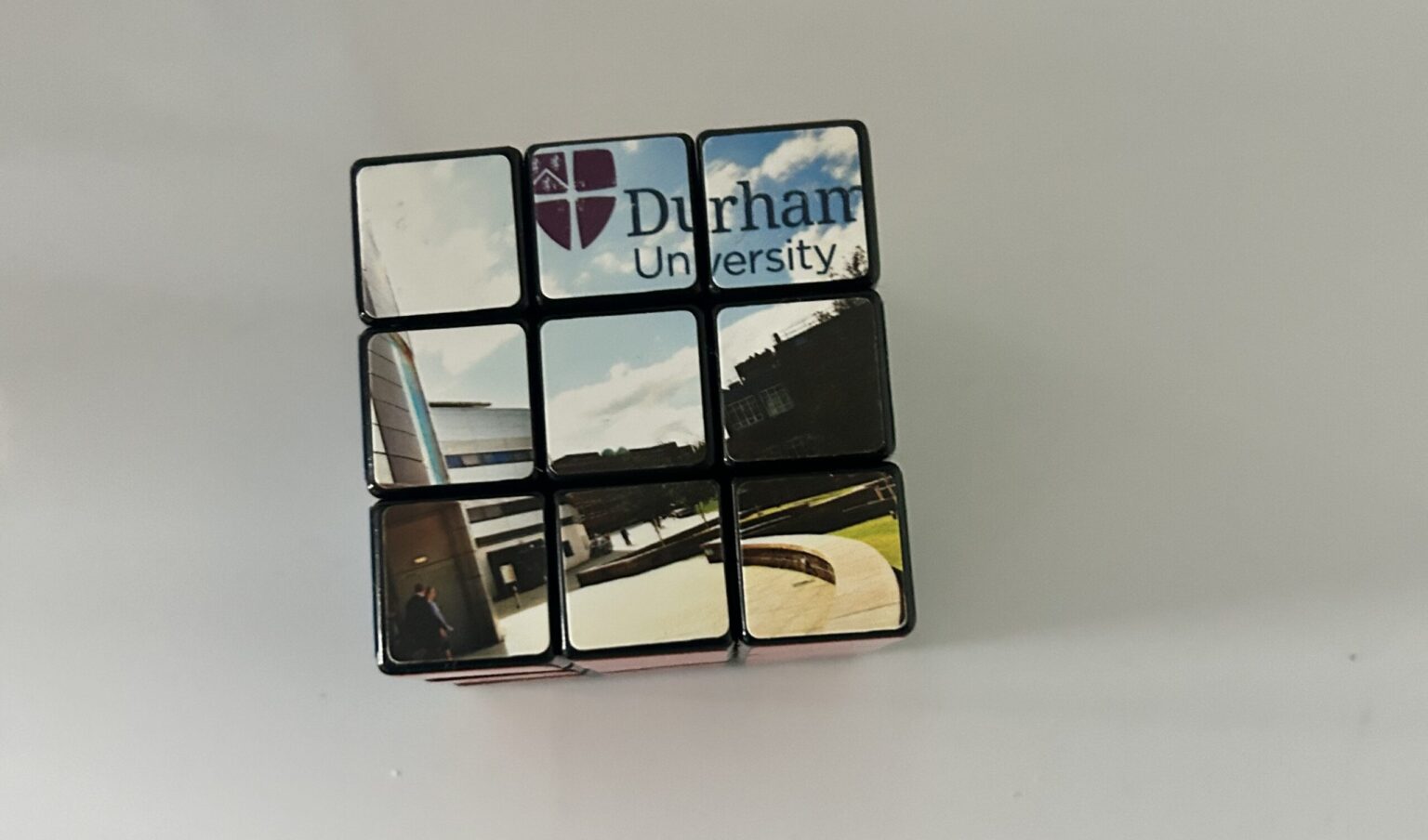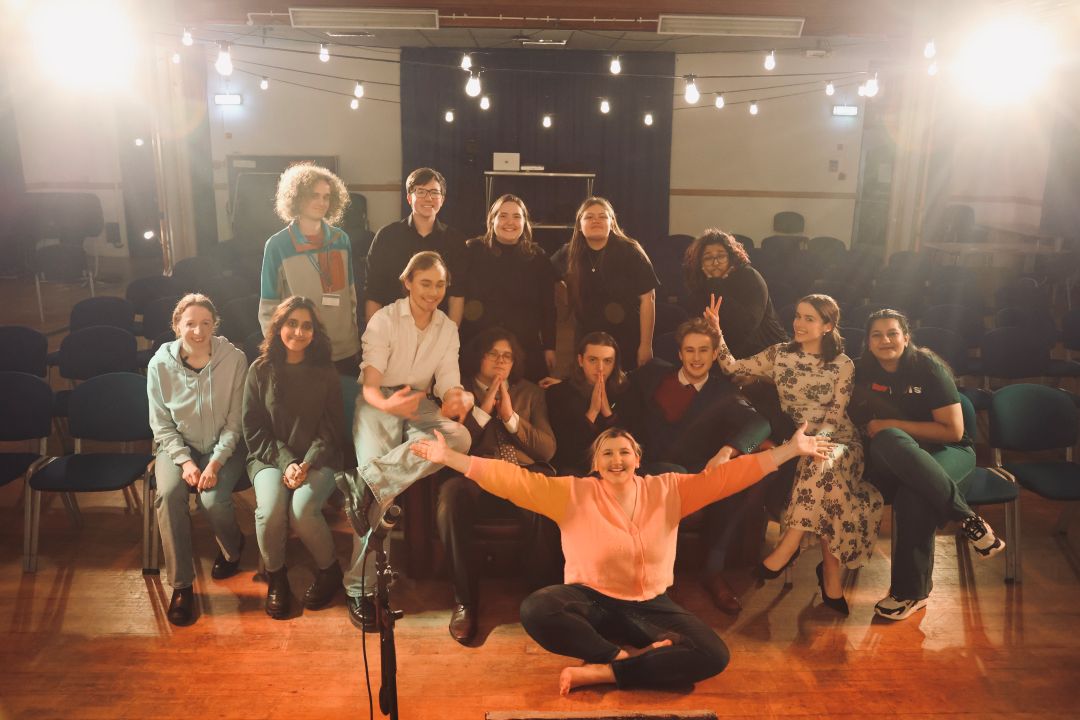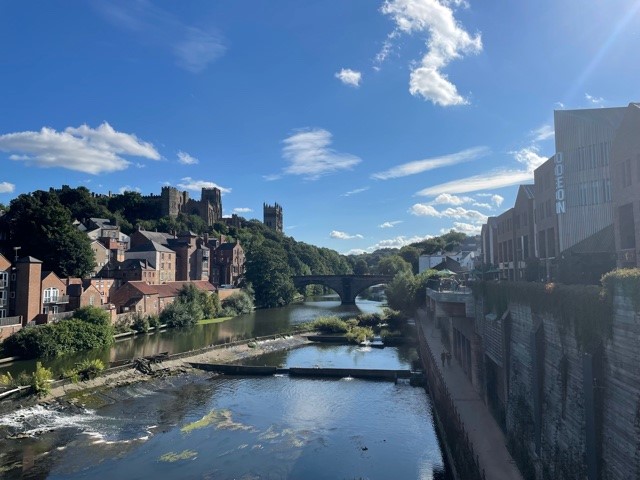As we now approach the end of term, theatre in Durham would usually be in full swing but with the second lockdown having fallen upon us, it’s beginning to feel all too reminiscent to the first lockdown that swallowed theatre at the end of last academic year.
When I started that summer, exams finished and eager to establish myself as President of a Theatre company, I wanted to put a production on as soon as possible. Due to Covid, with the third term gone and all students instead enclosed to the confines of their rooms, there seemed to be only one way to put a production on: do it as a radio play.

Keeping performance alive
I quickly realised that this production was far more than just an attempt to establish my theatre company: in a lockdown world, we were enclosed in what I know felt like glided cages to many and surrounded by a constant torrential onslaught of negativity, the production was an escape: not only for the eventual audience but also for the actors and the production team, including myself. Whilst theatre was closed, the spirit of it had not died; if anything, Covid had only heightened it, making now a time more than ever when escapism is so desperately needed.
When embarking on producing a radio play, one of the main challenges and in turn differences, from traditional theatre, is the very nature of it. Normally, live theatre has the joy of utilizing the actor’s whole being, body, face and voice, whilst in radio, the actor has to convey the entire essence of their character via their voice alone, making or breaking a radio play, the deciding factor on whether it will fail or succeed.

A new challenge
I quickly found that directing and acting for radio, from The Fictional Five, The Marley Stones and Purple on Toast, it entirely depends upon on how well the director explains themselves and works with the cast in order to get the final end sound wanted for the actor’s voice and in turn character; Whether that be through comparative images or phrases, ‘nervous summative energy’ comes to mind, or through repetition experimenting with various tones.
Whilst it can be challenging and at times tedious, the reward of creating a character from scratch and bringing them to life from nothing but their voice is more than enough. It’s in those moments when you attempt an accent or a new interpretation and suddenly you can hear, almost see, the character right there in front of you. It’s moments like these that make radio plays so special.
Looking ahead
So, whilst live theatre is currently on hold, I am hopeful nevertheless. Covid has opened up a whole new sector of theatre to Durham that hasn’t been explored before, and with the productions performed over the summer, Green Door and Castle Theatre Company’s Frankenstein auditions beginning and the formation of the Durham University Audio Drama Society, I hope it will encourage this form of performance to blossom and bloom in Durham. I am excited to see where it goes!

Find out more about theatre at Durham University by visiting Durham Student Theatre and The Assembly Rooms websites.


